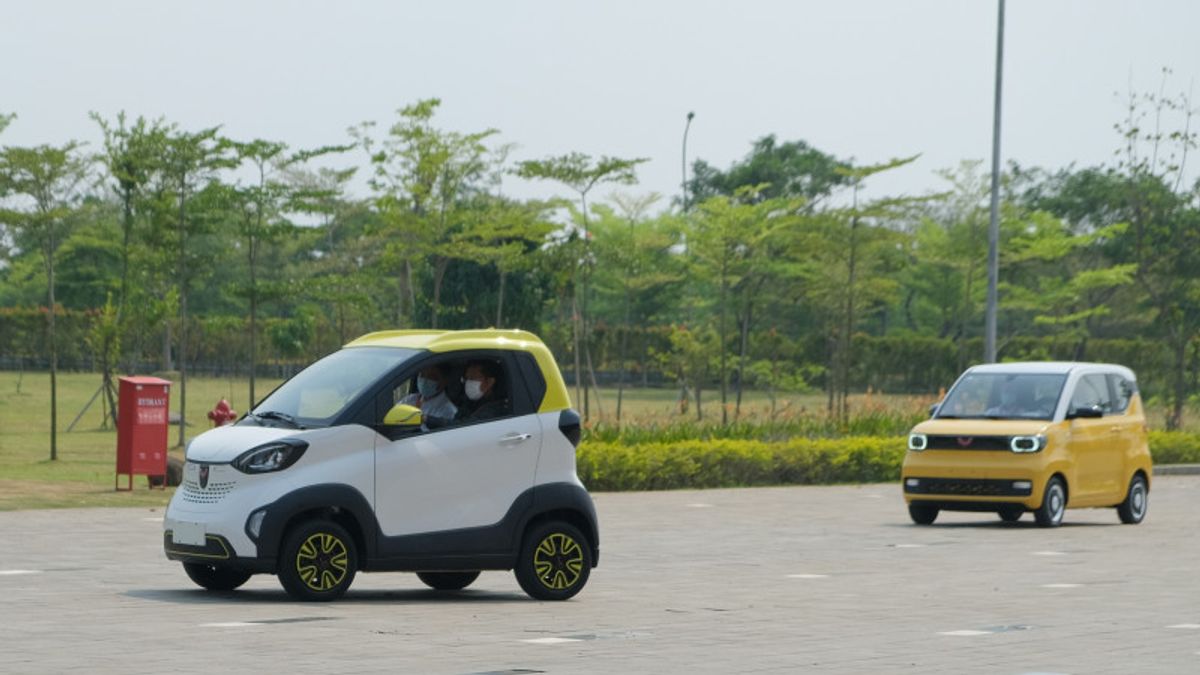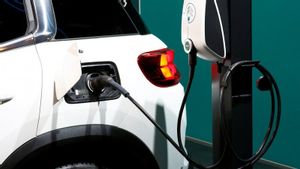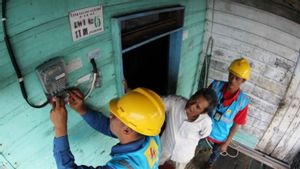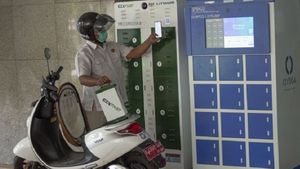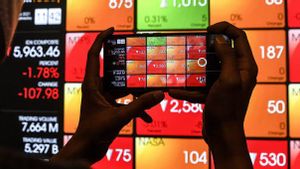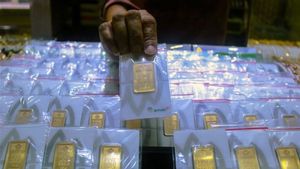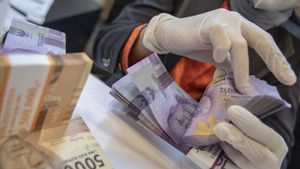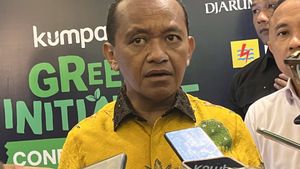JAKARTA - Energy Economic Observer for Gadjah Mada University, Fahmy Badhi said the government needs to be aware so that the creation of the electric vehicle market is not controlled by imported products.
"In the creation of the electric vehicle market, the government must be aware that domestic markets are not controlled by foreign company imported products, as happened in the conventional automotive industry," he said in an official statement received by VOI, Sunday, April 9.
As is known, the government has announced incentives for four-wheeled electric vehicles and buses that have been in effect since April 1, 2023.
According to Fahmy, the provision of electric vehicle incentives is an inseparable part of the establishment of an ecosystem industry for Nickel-Baterai-Electric Cars, especially in creating markets (market creation) in the domestic market.
For this reason, said Fahmy, in order not to be controlled by foreigners, incentives for electric vehicles must require that products be made by factories in Indonesia, and the Domestic Component Level (TKDN) is at least 85 percent.
"The government must also adjust technology transfers, especially technology capacity within 5 years. If these requirements are met, in time electric vehicles can be produced by the nation's own children," he explained.
However, said Fahmy, the provision of incentives will not necessarily form an electric vehicle market without being balanced with the availability of electricity charging stations.
"Infrastructure must be an unperturbed part of the formation of the electric vehicle industry ecosystem," he said.
According to him, the State Electricity Company (PLN) as the only seller of stun must have a commitment to support electric vehicles in Indonesia. PLN's commitment seems unquestionable in building infrastructure.
Data shows that the available electric vehicle charging infrastructure in 2022 has reached 616 Public Electric Vehicle Charging Stations (SPKLU), 1,056 Public Electric Vehicle Battery Exchange Stations (SPBKLU) and 6,705 General Electric Charging Systems (SPLU).
The plan is that in 2023 there will continue to be additional infrastructure to 750 SPKLU units, 3,000 SPBKLU units and 15,000 SPLU units.
SEE ALSO:
In addition to infrastructure, continued Fahmy, PLN must also be committed istiqomah to carry out a migration program from the use of coal to New and Renewable Energy (EBT).
"It is hoped that in the future the use of environmentally friendly energy from upstream to downstream will be created so that it is not impossible for Indonesia to reach zero carbon by 2060," he said.
The English, Chinese, Japanese, Arabic, and French versions are automatically generated by the AI. So there may still be inaccuracies in translating, please always see Indonesian as our main language. (system supported by DigitalSiber.id)
